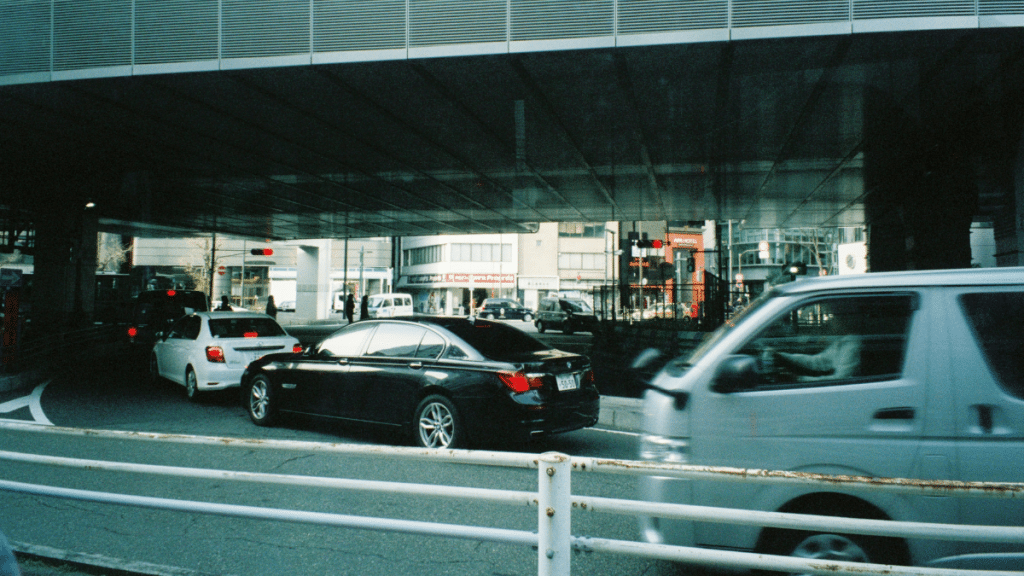Your business’s location significantly determines whether it will succeed or fail. Whether you’re opening a retail shop, launching a restaurant, or starting a tech company, where you set up matters. The ideal spot is not always about foot traffic or rent.
Instead, choosing the right location involves aligning with your target market, considering your competition, ensuring accessibility, and evaluating long-term growth potential. Read on to learn how to choose the best location that will support your new business’s goals, leading to lasting success.
Why is a Good Location Important for a Business?
A business’s location directly affects its visibility, accessibility, customer traffic, and overall profitability. Starting a business in the right location helps attract your target audience, make your products and services more accessible, and increases the chances of repeat patronage.
For physical businesses, being situated in a high-traffic location or near complementary businesses can boost sales. Besides customer access, location also affects an enterprise’s operational efficiency.
The availability of labor, suppliers, and partners can reduce costs and enhance service delivery. An unsuitable location may result in high overheads, logistical challenges, and an inaccessible customer base.
Overall, a strategic location supports business growth, aligns with customer behavior, and enhances your business’s market presence. A location is not just where your business is based; it is an important aspect of its operations and growth.
Factors to Consider When Choosing a Suitable Business Location
The location is one of the most important aspects of starting a business. Therefore, choosing a suitable location for your business involves considering the specific dynamics around that area and how they affect your brand’s operations and goals. Here are the factors to consider.
Customer and Target Market Accessibility
You must consider the accessibility of your location to your target market and potential customers. Your site should be convenient for your ideal customers; for instance, it should be close to where they live, work, or shop. Easy access through foot traffic and public transport can also affect customer engagement and repeat business.
Cost of Business Operations in the Location
The cost of running a business in a particular location is crucial, as it can significantly impact your profitability. Consider expenses, such as rent, taxes, utilities, and wages, before deciding on a location. High costs can easily strain your budget. You must strike a balance between affordability and business potential to ensure long-term business growth and sustainability.
Growth Potential
You should always consider an area’s growth potential when looking for where to locate your business. Select a location that allows for future expansion, accommodates increasing customer demand, and facilitates development. A commercial district or a growing neighborhood can provide long-term opportunities and draw more customers. Planning for future growth ensures sustained performance.
Availability of Local Workforce
When searching for a suitable business location, be mindful of the availability of a skilled local workforce. Access to qualified employees reduces recruitment costs and supports efficient operations. Consider the area’s labor pool size, employment trends, and education levels. A solid talent base allows your business to adapt as it grows.
Compliance Requirements for Businesses
Compliance requirements vary by location and may affect a business’s operations. You must consider the zoning laws, permits, health and safety regulations, and tax obligations. Choosing a location with manageable requirements helps avoid delays, fines, or shutdowns. By understanding local regulations, your business can operate legally and smoothly from the start.
Accessibility to Partners and Suppliers
To maintain efficient operations and reduce costs, businesses should consider locations that provide accessibility to suppliers and partners. A location near key suppliers and distribution centers reduces transportation delays, ensures timely deliveries, and fosters stronger business relationships. Being well-connected also enhances responsiveness and coordination, facilitating smooth supply chain management and ensuring your business remains reliable.
Industry and Economic Trends
When choosing a business location, consider the prevailing industry and economic trends. Areas experiencing growth in your industry offer better opportunities, investment potential, and customer demand. Consider the job market and the local economic health. Getting a commercial real estate for lease in these high-growth locations can help your business maintain profitability, a competitive advantage, and long-term relevance.
Market Saturation and Competition
Your business’s performance and profitability will essentially depend on how competitive and saturated the market in your location is. An area with too many similar businesses can limit your customer base and affect your pricing structure. In some cases, low competition can indicate low demand, so you must conduct your research beforehand.
Infrastructure
When selecting a business location, consider the infrastructure that supports daily operations and enhances the customer experience. Reliable internet connectivity, utilities, transportation networks, and road access allow smooth operations and easy accessibility. Properly developed infrastructure also improves safety, efficiency, and convenience, allowing your business to attract customers, employees, and partners.
Endnote
The location plays an important role in the success of any business. To choose the right location for your enterprise, consider the accessibility of the customer and target market, the cost of business operations, the growth potential, and the availability of the local workforce. You must also factor in the compliance requirements, accessibility to partners and suppliers, industry and economic trends, market saturation, and infrastructure.
